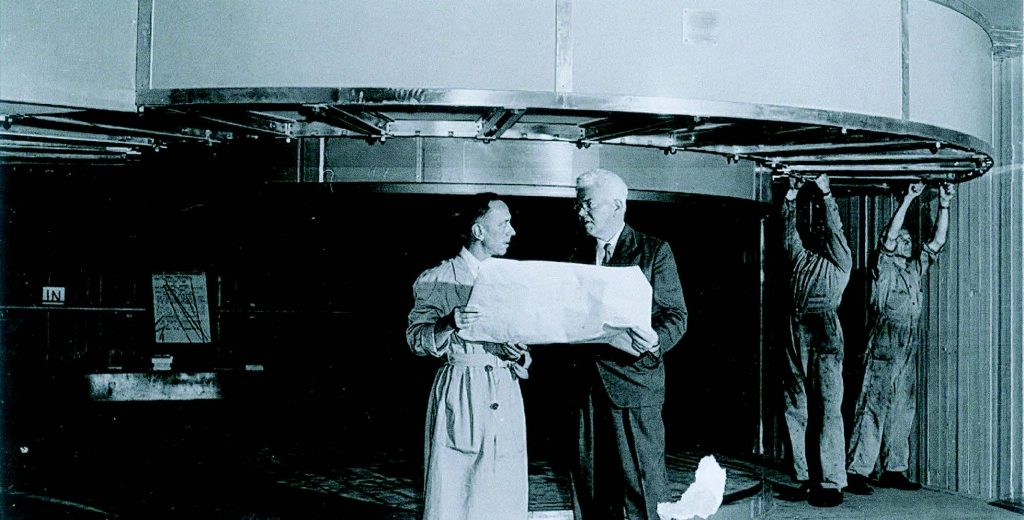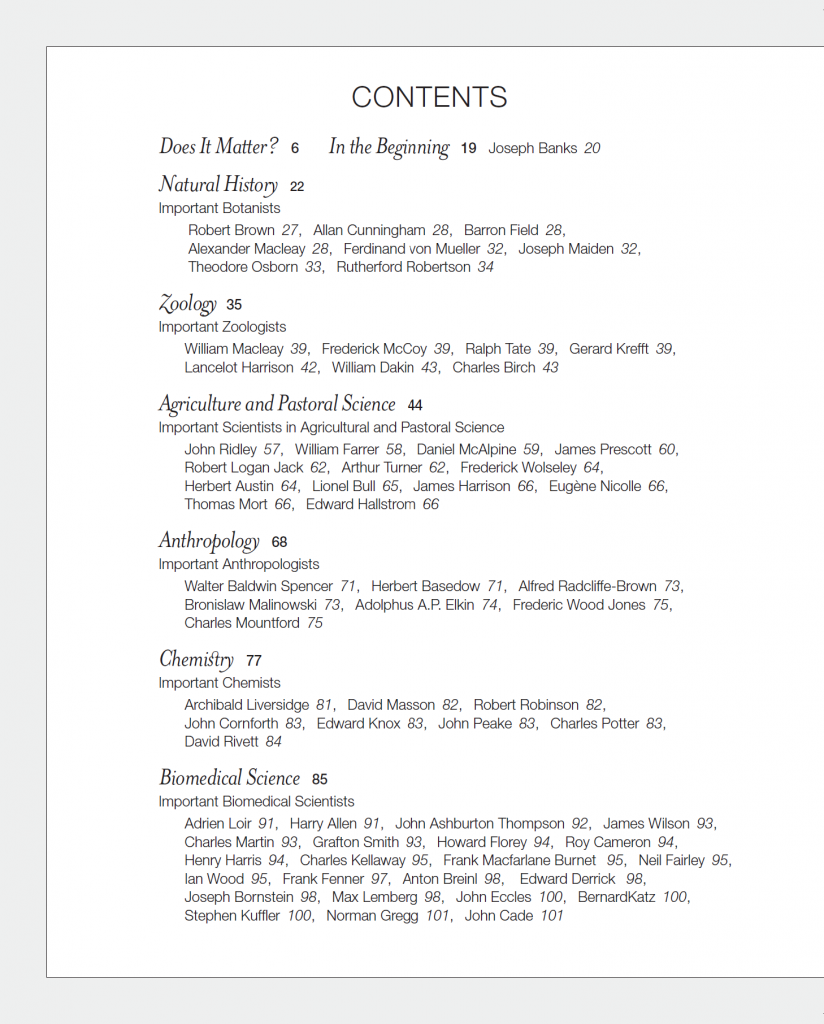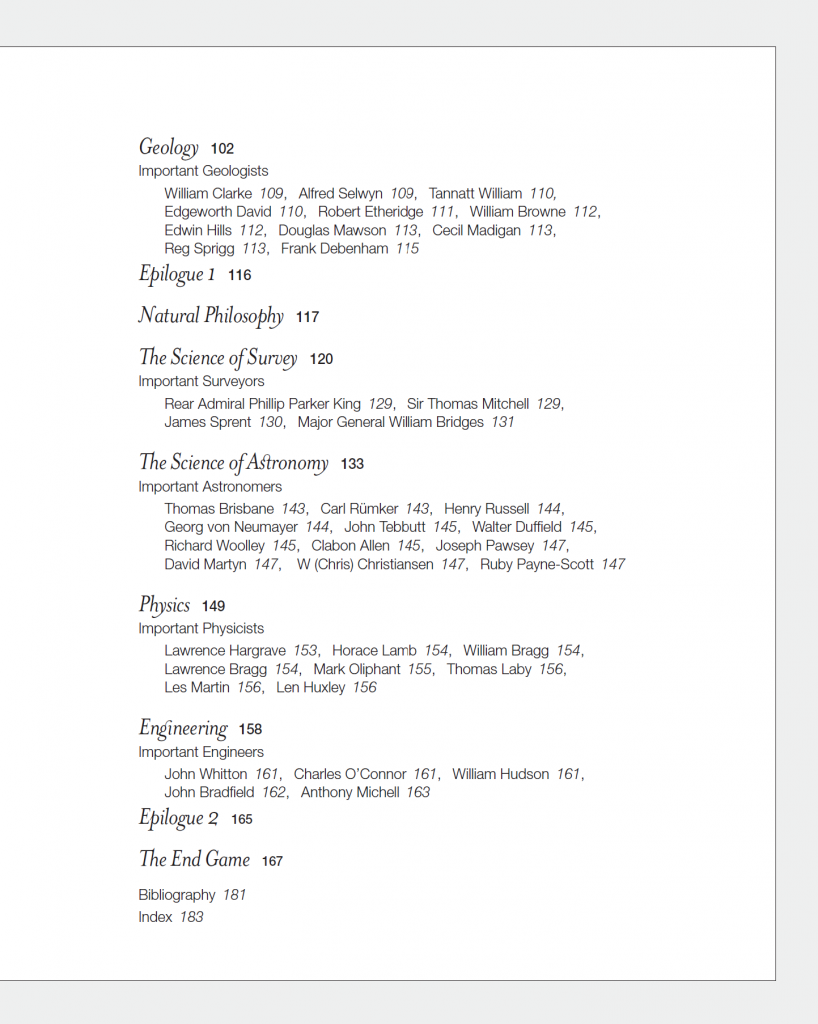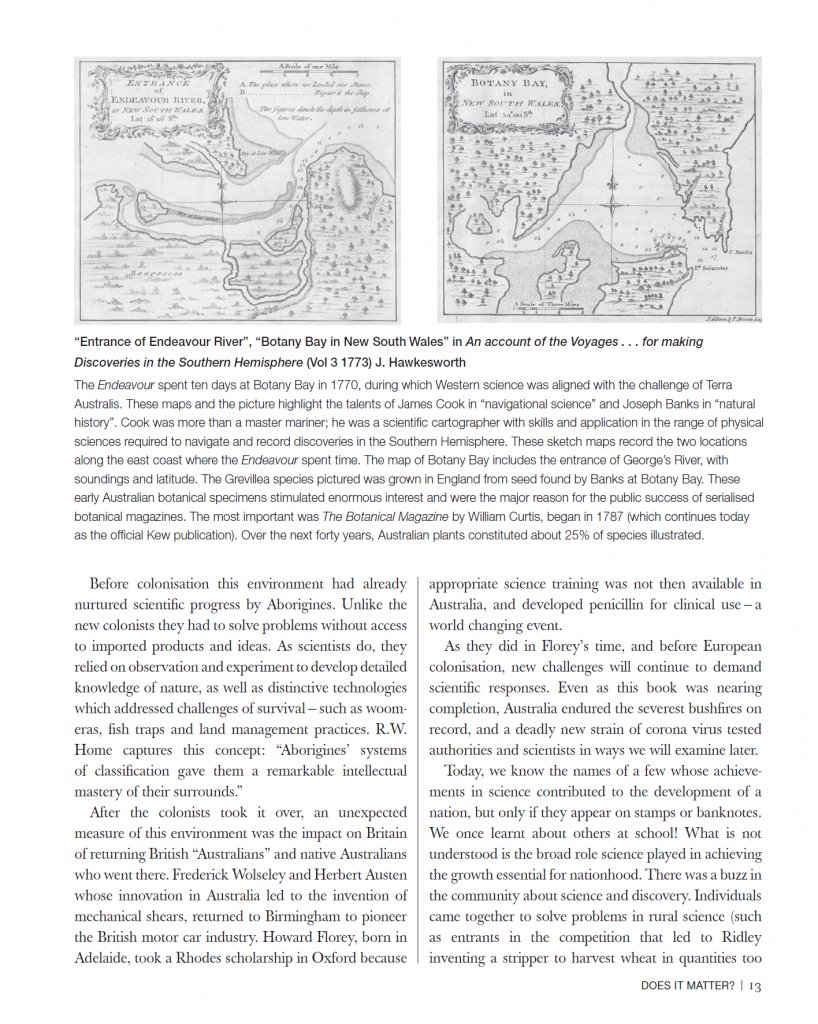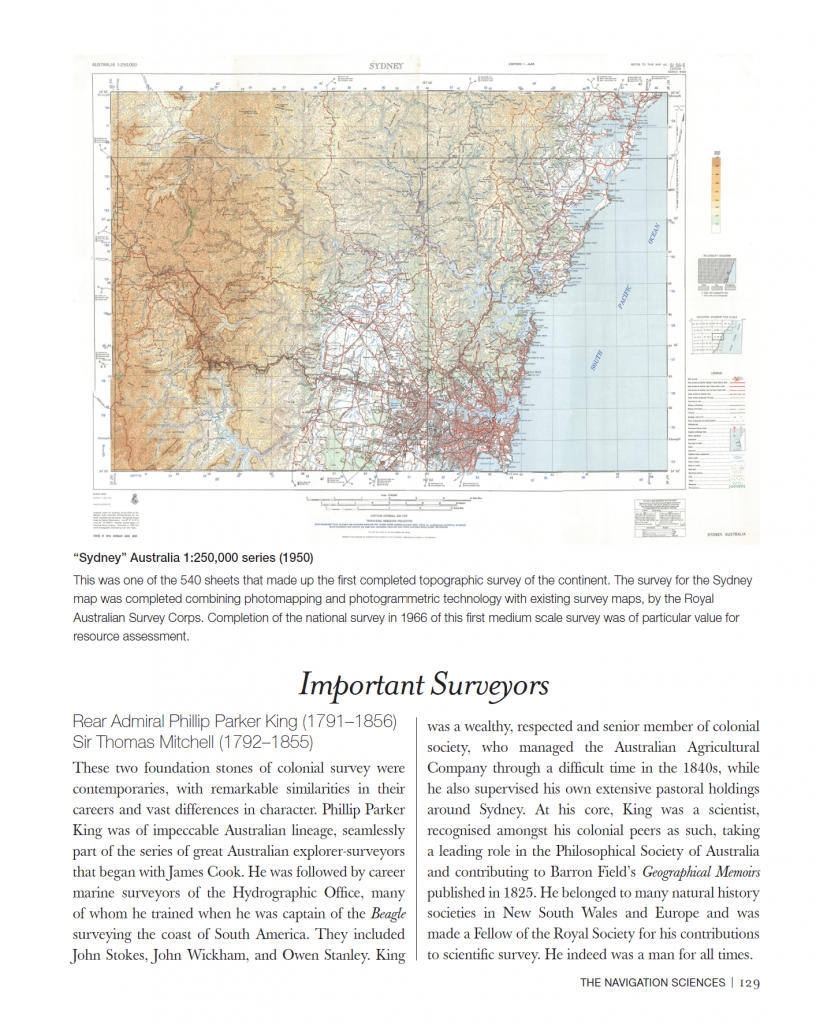
Not everyone remembers that for generation after generation Australia was one of the world’s richest seedbeds of science—far out of proportion to its modest population. More often these days we hear lamentations about underperformance from critics blaming current conditions for the decline of Australian science.
While commentators on current conditions lament the decline of Australian science, Professor Robert Clancy takes a more positive approach. Plotting achievement from the times of Captain Cook to the 20th century, he asks what enabled the dramatic success of science with an Australian origin or focus—on both global and domestic stages.
Clancy looks at individual scientists, from the days of Captain Cook to the middle decades of last century: an exciting time when all sorts of people became scientists, and progress came thick and fast. He argues that Australia was an experiment of “the Enlightenment”, the movement sweeping Europe when Britain set its sights on Australia.
Replete with gorgeous, rarely-published colour illustrations, Clancy’s book demonstrates that Enlightenment conditions stimulated Australia’s world-changing breakthroughs in Medicine, Astronomy, Agriculture, Physics and many other fields. In the wake of the pandemic he invites today’s community to find inspiration there for a brighter future.
Robert Clancy has included everything, both pure and applied sciences, with chapters on the natural sciences, agricultural science, anthropology, chemistry, biomedical science, geology, surveying, astronomy, physics and engineering.
– Historical Records of Australian Science
The publication quality of this hard cover book is top-notch, with each discipline illustrated with artistic works, documents, maps, portraits, photographs of objects, an excellent bibliography arranged by discipline, and an index.
– The Globe
Robert Clancy presents a challenge to tomorrow’s scientists: what worked? How can scientists, indeed everyone, contribute to a scientific revival? This book encourages its readers to once again dare to be a scientist.
– History Magazine
Robert Clancy is an immunologist and gastro-enterologist. He worked at Melbourne’s Walter and Eliza Hall Institute and then in Canada, before becoming the foundation Professor of Pathology at Newcastle University, where he established the Newcastle Mucosal Immunology Group. As a scientist he is responsible for an amazing list of medical breakthroughs and publications. As a historian he is author of Maps that Shaped Australia and The Mapping of Terra Australis. He practises medicine in Sydney.
Hardback, Illustrated in colour and b/w.
184pp
RRP: $49.95
ISBN: 9781925043532
